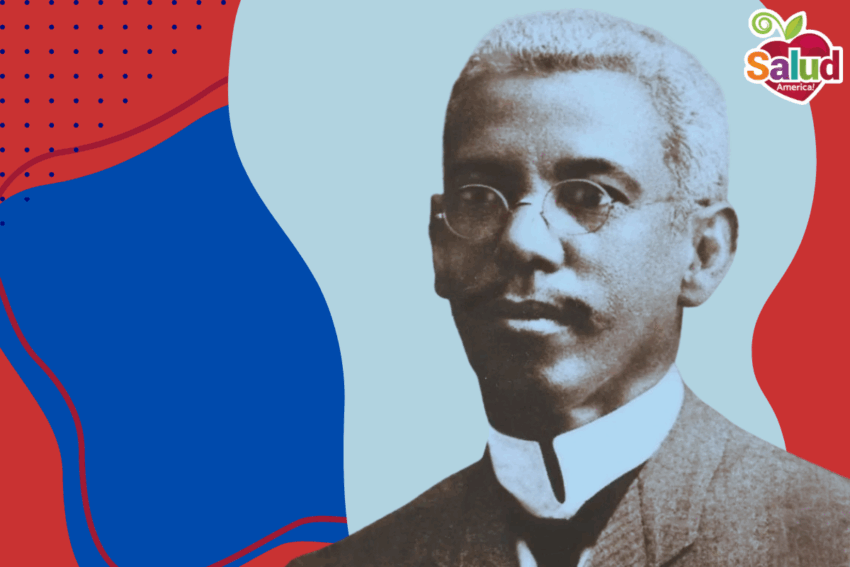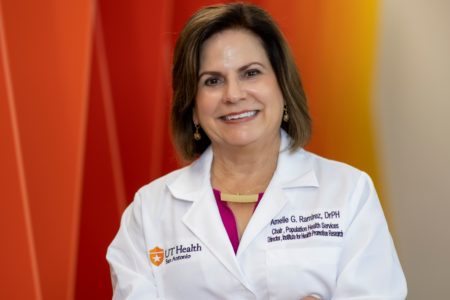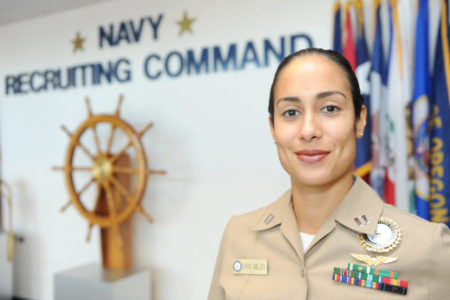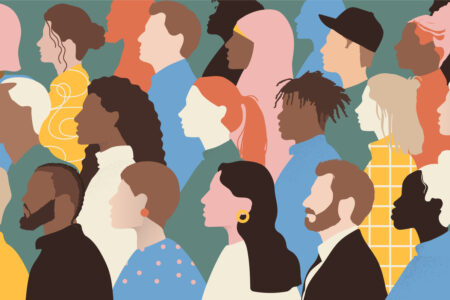
Share On Social!
Did you know that over 65,000 U.S. physicians identify as Latino?
As the number of physicians and healthcare professionals of different backgrounds continues to increase, it’s important to reflect on those who have paved the way.
During Hispanic Heritage Month, we want to spotlight important figures throughout history and making a difference today.
Let’s recognize Dr. José Celso Barbosa, the first Afro-Latino to obtain a medical degree in the United States.
Early Life in Puerto Rico
Dr. José Celso Barbosa Alcalá, also known as José Celso Barbosa, was born on July 27, 1857, in Bayamón, Puerto Rico, to his parents Carmen Alcalá and Hermógenes Barbosa.
“Barbosa’s life traversed significant periods: Spanish colonization; Grito de Lares; slavery, abolition and emancipation; and the Spanish-American War,” according to Black Past.
Barbosa valued education. He graduated from the Seminario Conciliar de San Ildefonso in 1875.
Upon his graduation, Barbosa would travel to New York and attend the Fort Edward Collegiate Institute in 1876.
The Path to Medical School
With the goal of earning a graduate degree in engineering or law, sickness would bring Barbosa’s plans to a halt.
“He attended a prep school, where he learned English in a year, but his journey after that was slowed when he became ill with pneumonia,” according to the University of Michigan.
After this experience and meeting with his doctor, Barbosa decided to switch his degree to medicine. He applied to Columbia University’s College of Physicians and Surgeons, but his admission was rejected.
“Resolved, that from this date forward this College will decline to receive [applicants of different backgrounds] for matriculation,” was a statement recorded from a Columbia faculty meeting during which Barbosa’s application was discussed.
So, Barbosa applied and enrolled at the University of Michigan Medical School.
Records show that while Barbosa did face issues due to his background, he managed to thrive academically. He graduated in 1880 as the valedictorian of his class and became the first Puerto Rican to earn a medical degree in the continental United States.
In 1887, Barbosa married Jacinta Belén Sánchez Jiménez (the couple would go on to have 11 children).
Returning to Puerto Rico
Upon earning his medical degree, Barbosa returned to Puerto Rico.

At the time, Puerto Rico was still a colony of Spain, so the Spanish colonial government did not recognize his American medical training.
“The American consul spoke up on his behalf, and Barbosa was able to practice – spending much of his time treating poor … communities,” according to the University of Michigan.
Barbosa would go on to establish his private practice, served [impoverished] communities, and even initiated and created the first form of basic health insurance system paid for by local employers.
“He is best remembered in Puerto Rico not for his contributions to health care, however, but for his significant role in seeking independence from Spain and in [pushing] for statehood,” The University of Michigan states.
During the Spanish-American War, Barbosa joined the Red Cross with fellow doctors and helped treat soldiers.
“They traveled as cannons fired around them, which later prompted the Spanish government to recommend them for an award: the Cruz de la Orden del Mérito Naval (Cross of the Order of Naval Merit) for their show of bravery,” according to Unique Coloring.
The war resulted in Puerto Rico becoming a U.S. territory.
With this new structure, Barbosa and his supporters founded the Republican Party of Puerto Rico, which pushed for statehood.
“In 1900 Barbosa was among the first five Puerto Rican leaders appointed to the cabinet of the first civilian government organized by the United States, and was later elected to the Puerto Rican Senate,” according to The University of Michigan.
Barbosa is known for addressing the American liberators by stating:
“We want and we ask for [parity]. Not colonial control or protection. We support the same ideal of the American Union with [parity] in rights and in duties.”
Barbosa would be elected to the Puerto Rican Senate and be established as the father of the Statehood for Puerto Rico movement.
He spent the next several decades leading important reforms, according to Black Past.
On September 21, 1921, José Celso Barbosa died in San Juan.
Every year on Barbosa’s birthday on July 27, José Celso Barbosa Day is celebrated in Puerto Rico.
While Barbosa has been gone for decades, there’s no doubt that the impact of his accomplishments and work live on today.
Improve Health in Your Community
Want to push for better health in your own community?
Start by downloading a Salud America! Health Report Card for your town!
Enter your county name and get auto-generated local data with interactive maps and comparative gauges on several health indicators. This can help you visualize and explore local issues in education, housing, transportation, food, health, and more.
See how your county stacks up compared to the rest of your state and nation.
Then email the Report Card to local leaders to raise awareness, include the data in a presentation or grant proposal, or share it on social media to drive healthy change in your community!
By The Numbers
3
Big Excuses
people use to justify discriminatory behavior
This success story was produced by Salud America! with support from the Robert Wood Johnson Foundation.
The stories are intended for educational and informative purposes. References to specific policymakers, individuals, schools, policies, or companies have been included solely to advance these purposes and do not constitute an endorsement, sponsorship, or recommendation. Stories are based on and told by real community members and are the opinions and views of the individuals whose stories are told. Organization and activities described were not supported by Salud America! or the Robert Wood Johnson Foundation and do not necessarily represent the views of Salud America! or the Robert Wood Johnson Foundation.



